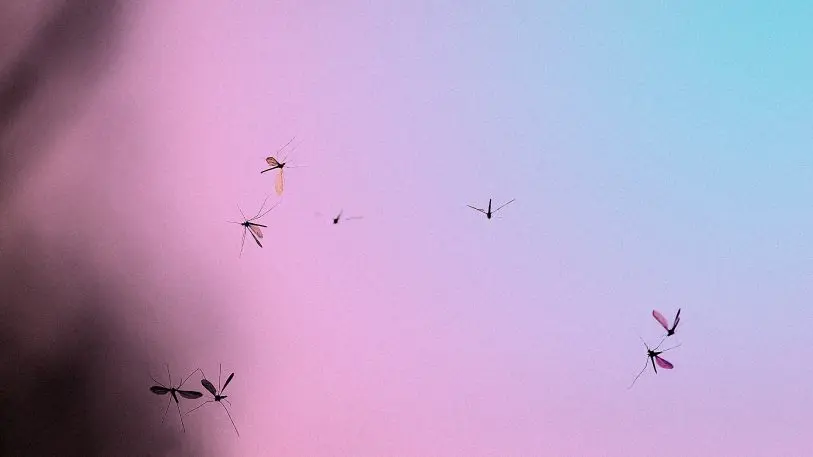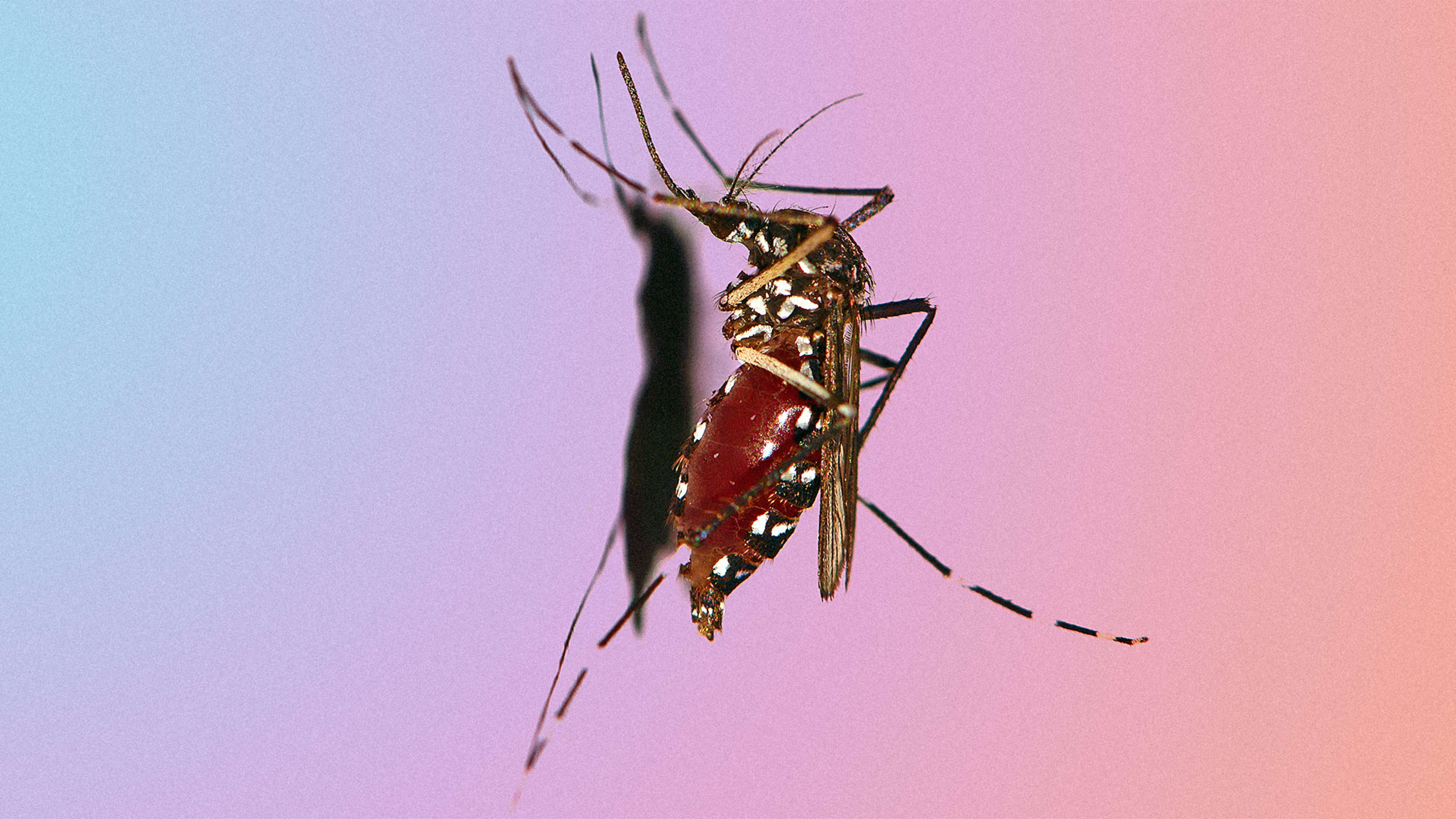Of the 3,500 species of mosquitoes around the world, only 20 to 25 species carry diseases, like malaria and Zika, that affect humans. But it’s hard to know where those species are at any given time, and current methods–trapping insects and bringing them to a lab for analysis under a microscope–can only happen in a limited way.
Researchers at Stanford University are testing another method: using volunteers with cell phones to record a mosquito’s annoying buzz. Because the sound of a particular species’ buzz is unique, it’s possible to then use machine learning to identify each species and plot it on a map.

By better understanding where disease-carrying mosquitoes are, it becomes easier to target them.
“I think one of the aspects of this is on a planetary scale–we have absolutely no idea where mosquitoes are, how far they go, how that changes with climate change . . . this real-time data coming from the ground is the most important thing for policy, but also locally trying to figure out where they’re breeding,” says Prakash. “If you think about the resources that we have, they’re very limited. We need precision attacks on mosquitoes rather than spraying everything around and spoiling resources.”
Recognize your brand’s excellence by applying to this year’s Brands That Matter Awards before the early-rate deadline, May 3.
